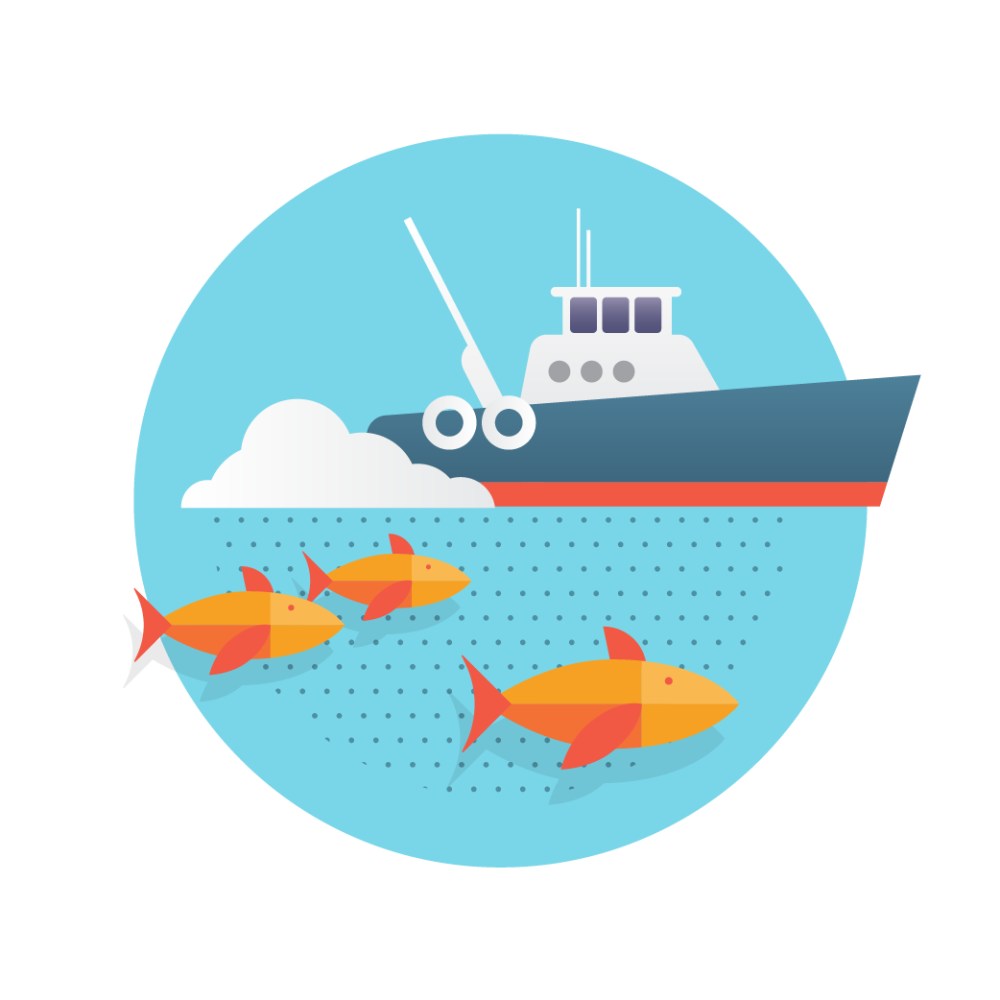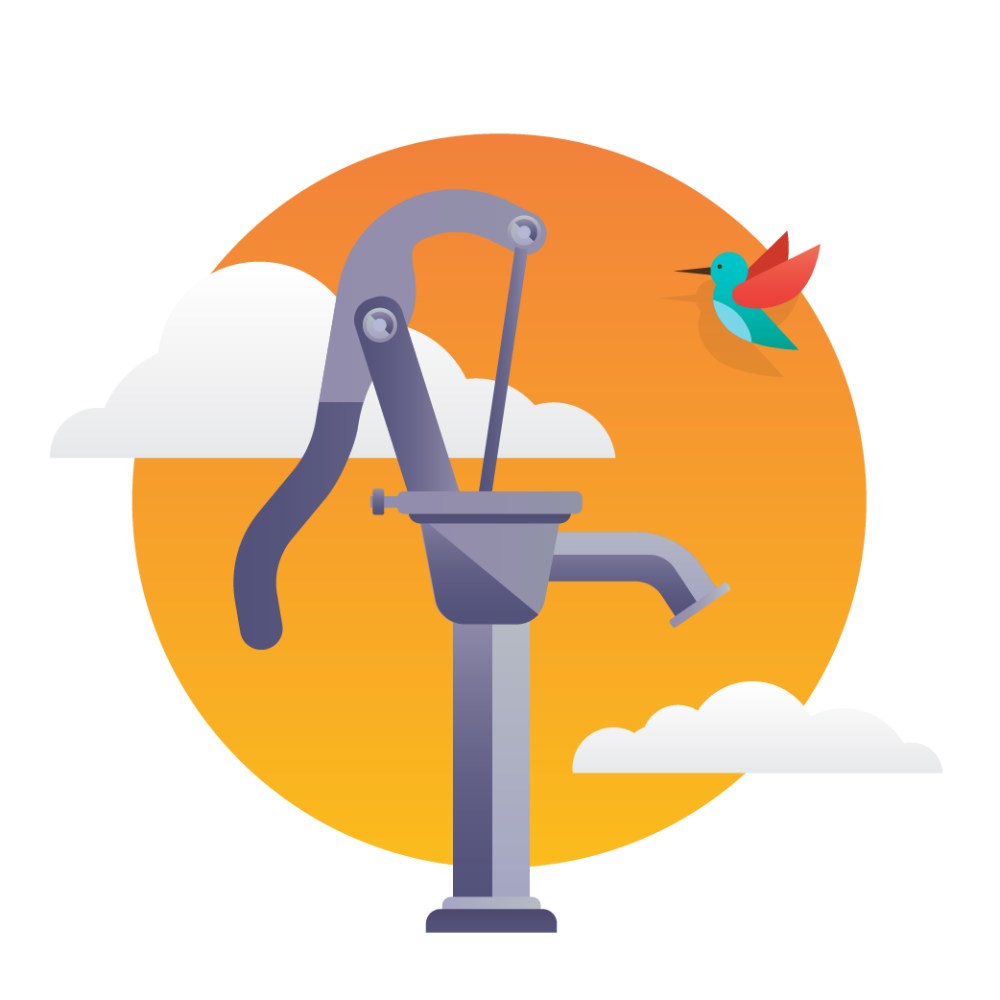The Health of our Children depends on our responsible stewardship - TODAY - of Earth's natural ecosystems and the services they provide.
As scientists increasingly discover new links between human health and the environment, we need specific, actionable solutions. The UN’s Sustainable Development Goals and a new scientific field, “Planetary Health,” are drawing attention to these issues. They’re raising questions about how human health relates to a habitable climate, clean water, biodiversity, food, fiber, fuel, and natural products.
Stanford established the Program for Disease Ecology, Health and the Environment in 2015 to support research and creative solutions to modern health and environmental challenges.
Our program focuses on finding sustainable environmental interventions, or “ecological solutions,” for a range of diseases. It brings together scientists and stakeholders from Stanford and outside the university in a joint initiative combining forces from two preeminent Stanford centers: the Woods Institute for the Environment and the Center for Innovation in Global Health.
VISION & VALUES
Our mission is to discover ecological solutions to humanity’s health challenges and to prepare the next generation of planetary health innovators.
Our program pursues ecological solutions that protect the health of people and our planet.
Our research projects strive for sustainability.
We recognize poverty- disease cycles as a core issue in public health.
We take a creative approach to tough challenges.
We are committed to building deep local and global collaboration.
Standards of Excellence
Engagement
We promote engagement with stakeholders, students, funders, and the public that will energize and extend our impact.
Education
We aim to educate the next generation of leaders in interdisciplinary research on disease ecology, health, and the environment.
Accessibility
Our work should be accessible to the general public and impacted communities.
Dialogue
We aim to foster discovery by promoting cross-disciplinary dialogue among the health, environment, and socio-economic sectors.
Quality
We hold all our partners to the highest standards of excellence and integrity in their fields.





